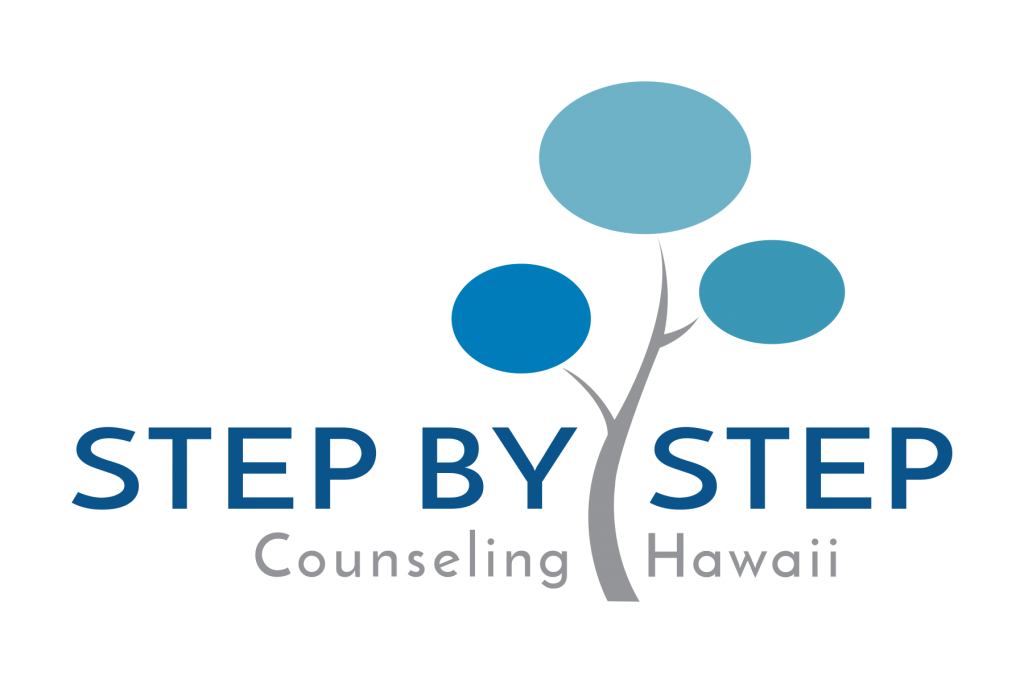Navigating the Holidays After a Miscarriage

“There is never a good time to experience grief,” says counselor Jess Logan, LCSW, PMH-C, of Honolulu, “but the holidays are especially challenging.” Read more of Jess Logan’s advice on navigating the holidays after a miscarriage in this article.
An article by Aly Semigran, Original article: https://www.bloodandmilk.com/navigating-the-holidays-after-a-miscarriage/
The holiday season, as we’ve been told time and time again, is supposed to be a magical and joyous time filled with togetherness with loved ones. Now, really put an emphasis on the phrase “supposed to,” here. In reality, the holidays can bring on crippling bouts of stress, anxiety, and depression for many, and navigating the holidays after a miscarriage can be especially painful.
This can be especially true for those who have recently gone through the devastating loss of a pregnancy. Coping with a miscarriage is a gargantuan feat in and of itself, as New York-based therapist Julie Larson, LCSW explains. “Like any loss, it is normal to feel sadness or anger. Experiencing a miscarriage can also feel lonely when others don’t fully recognize [its] significance.”
So having to go through all of this is in the midst of holiday office parties, family gatherings, and gift exchanges can sometimes feel like almost too much to bear. With the holiday season on the horizon, we wanted to get advice from the experts on how to navigate the holidays after a miscarriage.
HOW TO GRIEVE WHEN YOU HAVE SOCIAL OBLIGATIONS
“There is never a good time to experience grief,” says counselor Jess Logan, LCSW, PMH-C, of Honolulu, “but the holidays are especially challenging.” This is especially true when it comes to having to put on a brave face for Thanksgiving dinner or attend a New Year’s Eve soiree.
Even if you’ve already RSVP’d to these gatherings, Logan says you should still “check-in with yourself often and be honest about how you are feeling.” If you’re not up for it, Logan assures, “It is okay to decline invitations to parties and gatherings. Stay home and rest or do something nice for yourself.”
However, if you do decide to go as originally planned, that can be helpful, too. “Sometimes it can be good to get out of your own head and see family and friends,” Logan says, adding, “Remember that enjoying yourself or thinking about something other than the miscarriage does not mean you are forgetting.
Larson also says it is crucial to understand your limits, both physically and emotionally. “ You may recognize that tolerating a festive gathering gets harder for you after a certain amount of time,” she says, adding, “Planning your exit strategy while mindful of this may help you feel more comfortable entering in the first place.”
When you’re at a get-together, having conversations and talking to certain people may bring its own set of challenges. “Who you tell about the loss is also a personal decision,” Logan says. “If you do share, you may be surprised by how many people have had a similar experience, and sometimes that can provide comfort. It can also be helpful to be direct and ask for what you need since people often do not know what to say.”
Whatever your decision when it comes to whether or not you want to attend social obligations, Logan says to “follow your gut and do not try to ‘fake it’ to get back into the holiday spirit.”
WHAT TO DO WHEN THERE ARE PREGNANT WOMEN, BABIES AND/OR CHILDREN AROUND
Whether it’s seeing little ones visit Santa at the mall while you shop, or watching your nieces and nephews open their Hanukkah gifts, the pangs of longing, frustration, or even guilt may overwhelm you. “All of these reactions are normal and very understandable,” Larson says.
Atlanta-based counselor Kate Ferguson, MA, LPC, NCC, suggests sending a polite decline if and when you can when it comes to parties or gatherings with small children or pregnant women present.
However, if you can’t skip out on these events (or simply avoid daily interactions), Ferguson says the most important thing you can do for yourself is acknowledge your pain. “Make a compassionate statement to yourself,” she says, such as, “I feel an ache, I wish that were me, I am sad, and I won’t always feel this way.”
When it comes to buying presents for the children or pregnant women in your life, Logan recommends having someone else shop for you for these particular items, or give gift certificates and/or shop online to avoid triggers you may see in stores.
“It is also okay to share with the parents that you are struggling right now and unable to shop for child items. Regardless of their experiences, parents should be able to understand how difficult this loss can be,” Logan notes.
Honesty and compassion for yourself and with those in your life will be paramount during this time. As Ferguson puts it, “Be kind to yourself and understand that you and your partner may need some extra care.”
WHEN YOU’RE FEELING ESPECIALLY LOST IN YOUR GRIEF
Whether or not you want to carry on with your favorite holiday traditions is up to you and will vary from person to person. But if you’re having a particularly hard day or week or month around the holidays, Ferguson says you can do self-sooth activities such as watching movies or hanging out with an old friend.
You can also use this time to process your thoughts and feelings, whether that’s through journaling, going to therapy, or attending a support group.
Again, it comes back to what works for you and what feels like the best thing for you to do to cope and begin the healing process.
“Grief is work and your needs may change from day to day,” Larson says. “Finding a safe space to talk through your worry, sadness, or fear can be helpful. Other times you may seek distraction to help you find balance and perspective. There isn’t one right way to grieve.”
However, if you are going through long-term bouts of isolation, this can be especially harmful. It’s important to be aware of that during the grieving process. “Take your time to feel all your emotions, and then try to spend a little time with people you trust who are likely to be understanding,” Logan says.
“Have a good cry, and then take a walk or call a friend for support,” she says, adding, “Most importantly, try not to judge yourself or feel guilty about your emotions.”

